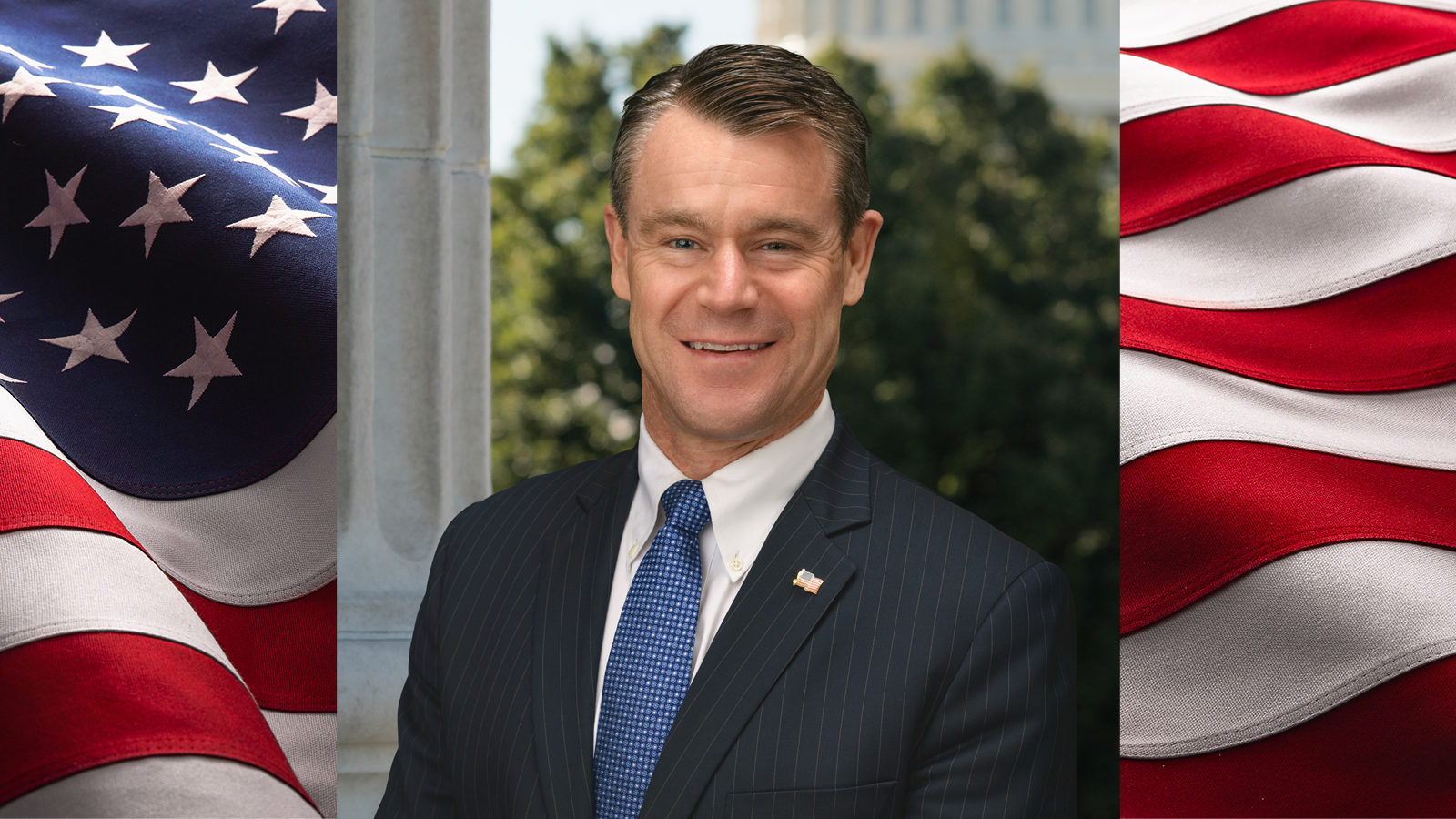This week U.S. Senator Todd Young (R-Ind.) joined Department of Commerce Secretary Gina Raimondo in a bipartisan panel discussion about the national security imperative of incentivizing domestic semiconductor manufacturing and moving forward with his United States Innovation and Competition Act (USICA) as it approaches a formal conference committee in the coming weeks.
Senator Young and Secretary Raimondo were joined by Congresswoman Doris Matsui (D-Calif.) and former national security officials and experts, including retired General H.R. McMaster, Former National Security Advisor; Matt Pottinger, Former Deputy National Security Advisor; Bonnie Glick, Former Deputy Administrator of the USAID; Keith Krach, Former Under Secretary of State for Economic Growth; and Eric Schmidt, co-founder of Schmidt Futures and former CEO and Chairman of Google.
“Throughout our nation’s recent history, Republicans and Democrats have consistently worked together on critical national security issues like this one, issues that are bigger than whatever our domestic political divisions may be at a given moment. This is the very type of issue we’re talking about today. We have a national security imperative to ensure that we don’t fall behind China in our technological innovation. This innovation is historically a key driver of our nation’s economic growth, and our ability to defend our values. American leadership in science and technology, especially the emerging technologies that will dominate the 21st century, is vital to both the future of the American economy and to our competitiveness with China, in particular, the Endless Frontier Act and the Chips Act portions of the legislation that we’re considering, will help us lay the foundation for the private sector to harness the innovation occurring around the country and will contribute toward the construction of fabs that will create the resilience necessary to better compete globally, both economically and militarily.
“I’m excited that we’re moving forward with the U.S. Innovation and Competition Act in the Senate this week so we can be in a position to start a formal conference negotiation with the House before the end of the work period. Now it is, as you say, Secretary Raimondo, it’s very important for this to be a bipartisan effort.
“I’m glad the process moved forward, but I do think that the process should be open with input from all of my colleagues and consistent with what we call around here regular order. In the Senate, that resulted in 68 votes, bipartisan votes. And I think the American people have an opportunity to weigh in a little more robustly and get more buy-in. A bipartisan bill and a bipartisan showing also communicates a very important message to the Chinese Communist Party. It says that that the people’s representatives in Congress and in the Senate are taking their generational, perhaps multigenerational, challenge very seriously, were united on this effort. And we’re determined to do whatever it takes to defend our values and our way of life.
“I know the vote will not be unanimous and that both parties and members of both parties are going to have to make principled compromises, principled concessions, in order to get an agreement done. That’s always what happens when you approach a negotiating table. But America and the world will be better off with a bipartisan, broadly supported final product.
“I’m incredibly encouraged to see this panel of leaders here today from bipartisan administrations, representing different parts of the country, and different capacities. And I think that’s consistent with what we’re going to see in coming weeks and months,” said Senator Young.
To watch the full panel, click here.













